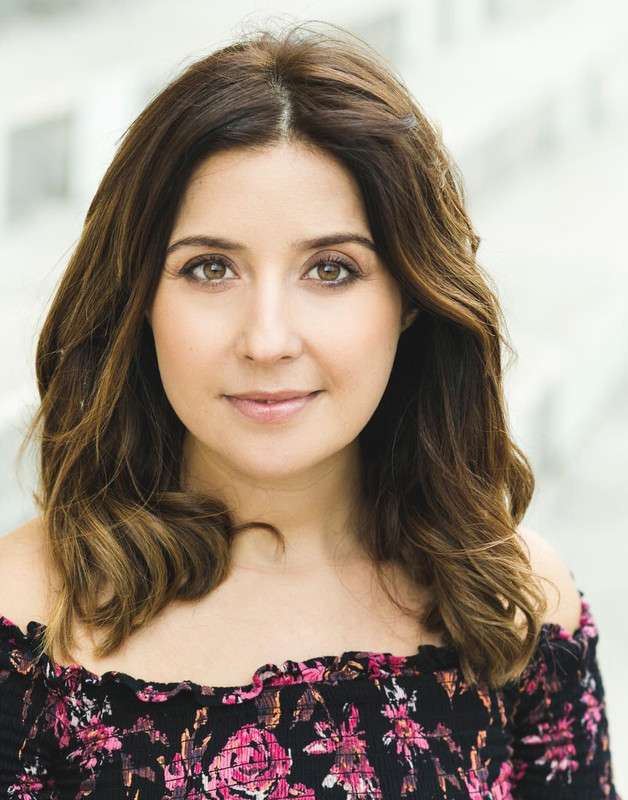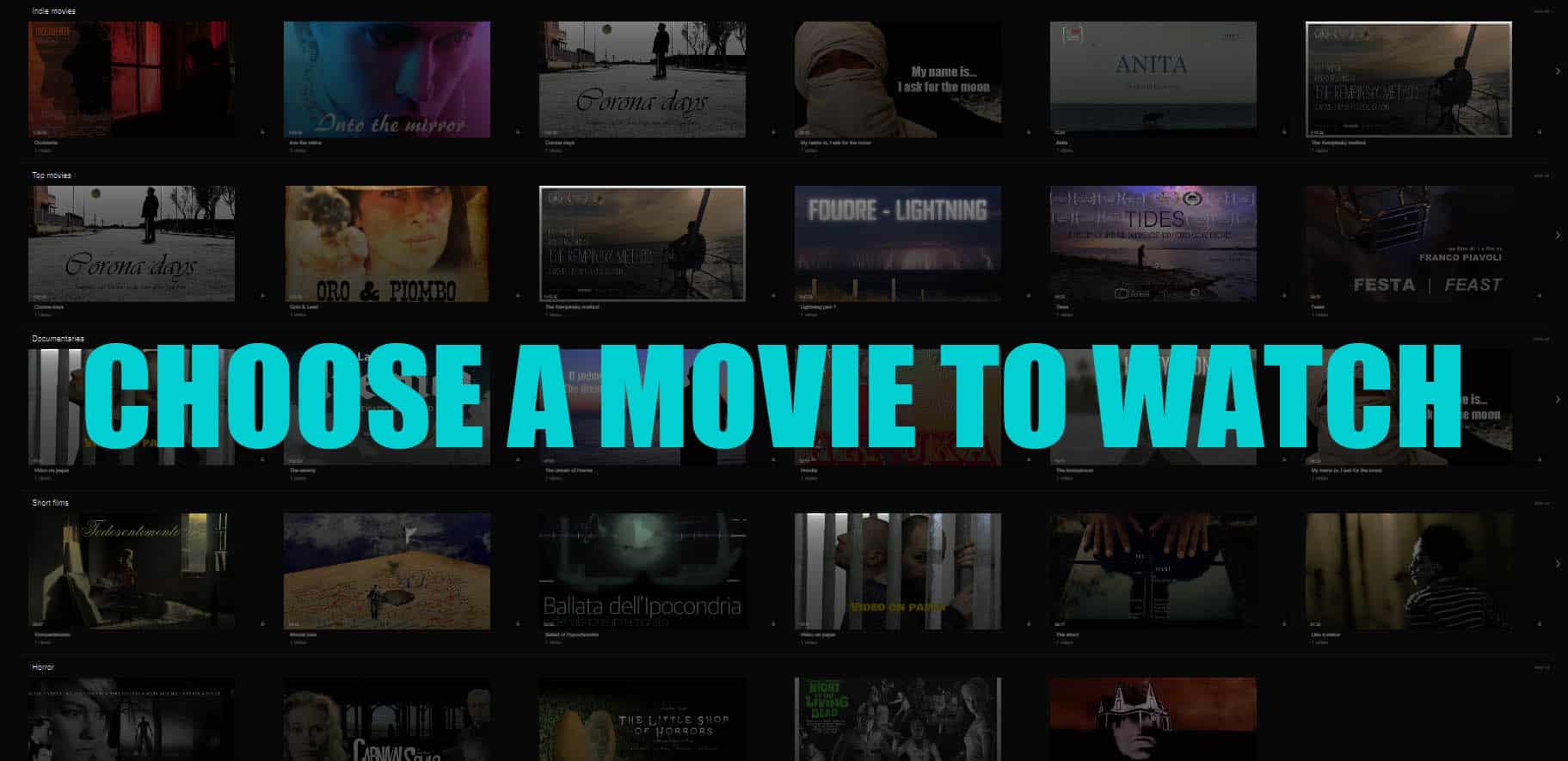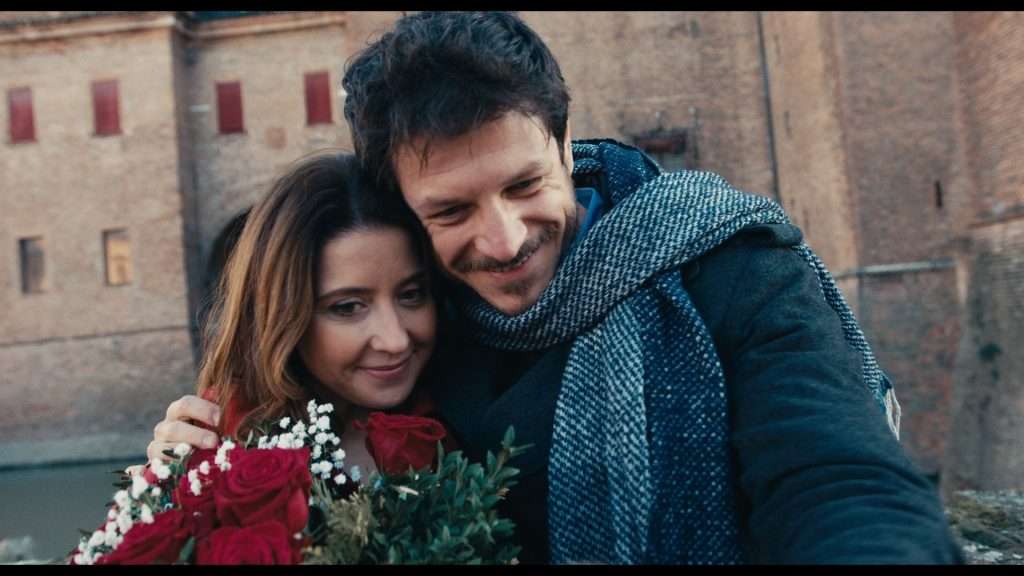
The co-director and protagonist of “Miss Agata”, in competition at the Indiecinema Film Festival, tells us about the genesis of the short directed together with Sebastian Maulucci
On Thursday 11 January, during the second official event of the third edition of the Indiecinema Film Festival, Miss Agata will be screened at the Circolo ARCI Arcobaleno in Via Pullino 1, Rome, together with two other works from the Short Movies Competition. One of the two directors of the short, Sebastian Maulucci, assured us of his presence in the place. While Anna Elena Pepe, who co-directed and starred in it too, is now in America, from where she has already sent us a warm greeting on video. Not satisfied with this, however, we also involved her in this remote conversation: just an interview that can help the public better understand the inspiration and the different phases of a short film that we loved very much.
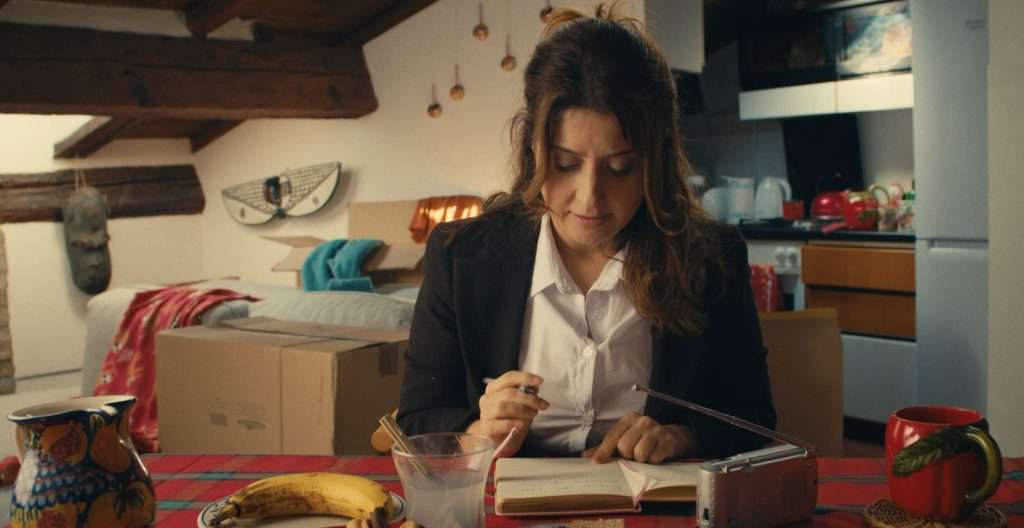
How to talk about difficult topics
In less than half an hour you managed to touch on an important topic in a light yet accurate way: the family origins of violence, post-traumatic stress syndrome, the prejudices of ‘you asked for it’. Fortunately, not all violence leads to femicide, but those who manage to save themselves in time become an imperfect victim, a broken soul who needs help. How did you document yourselves?
I wanted to talk about PTSD related to domestic violence. There is a lot of talk about it abroad (I live in London) but little in Italy. It is thought that once the perpetrator has been removed everything goes back to the way it was before, but this is not the case. Psychological research on PTSD began in psychiatric medicine concerning war veterans but in recent years much literature has been added on forms of PTSD linked to other victims of repeated trauma, such as those who have suffered a violent relationship. I did a lot of research on the topic and interviewed victims of violence who wanted to tell their story, collaborating with a specialized research center. Few people know, but I have a PhD in biomedical research so… I’m a bit obsessed with research!
Despite the underlying drama, Agata keeps her candor and the heart of a child intact; Was the choice of the protagonist’s colorful look and her almost childish room, which I really appreciated, intended in this sense? Or to create a contrast with the dramatic aspect of his story? Or simply because, presumably, that was the room she used as a child at her grandmother’s house?
For all these reasons. We wanted to avoid a film about violence and integration by using the cinéma vérité aesthetic, although very effective but sometimes a little overused. I wanted a colorful world like Little Miss Sunshine that however hid darker shades, which we are gradually discovering. Agata’s room is used as a mirror of her transformation… messy and childish at the beginning, it becomes orderly and refined when the protagonist prepares to go out with Nabil and take control of her life.
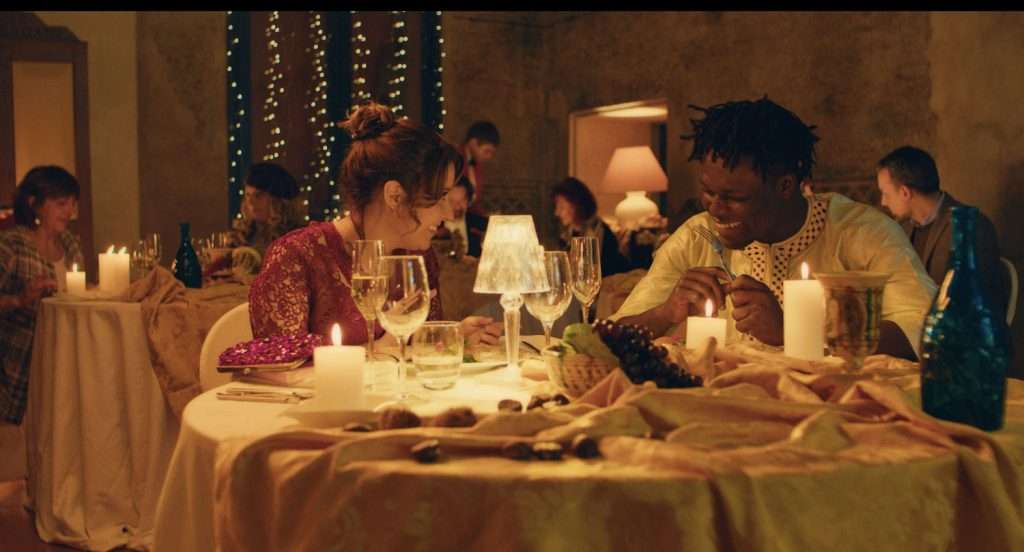
Actress and director together: thanks to the music a pop fairy tale
I’ll ask you something, Anna Elena, both as a director and as an actress: how did you choose to give Agata this double soul, scared, suffering, terrified and yet at the same time friendly, open to the world, confident in others? And how was it to play the scenes where your ex changes face and becomes violent, without losing that innocent look that shines through the fear?
Interviewing many victims of violence I saw strong self-irony. As if humor were a way of exorcising what had happened. It made me think that these people have not lost hope, they just have to learn to manage a chronic condition of trauma that sometimes makes them unable to react in a way that they can control.
How did you choose the music? Yahya Ceesay (Nabil) mentions the Naija Afrobeats, which remind him of home, while the original music is by Dimitri Scarlato; How did you find the right mix to give the short film a pop flavor of a modern fairy tale?
Dimitri did a beautiful job with the music, from comedy atmospheres, he takes us to the darker ones, passing through Afrobeats music. For the latter, precisely because we wanted to be authentic, we involved the British-Ghanaian singer Rosemary A Nkrumah in the writing who collaborated in writing the songs.
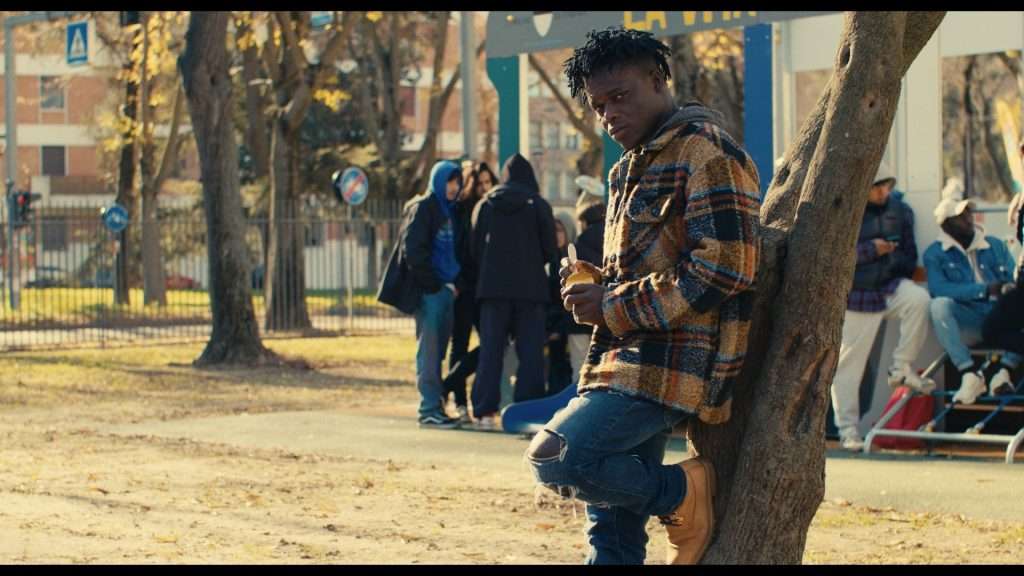
A round of applause for all the performers
How did you come up with the idea of including the character played by Chiara Sani, the superficial colleague, full of prejudices, who ends up blaming Agata for what she had to suffer? Does it represent society as a whole, which essentially leaves women alone who manage to report violence, often to the point of blaming them for having been victims of violence?
I come from the province and I have always been amused by right-thinking people. For example, the wives of wealthy professionals such as lawyers, accountants etc… who organize fundraising for immigrants at the tennis club… but then their children in the park next to the refugees don’t let them play. Chiara represents all these people, those who “if your man behaves badly it’s also your fault”. It was a difficult character, I needed someone with innate sympathy to make it work. Chiara Sani was perfect.
Very good, even more so for his first experience as an actor, Yahya Ceesay; his character introduces another important theme, that of asylum seekers and the difficulties in obtaining a residence permit. He himself arrived in Italy in 2017 and obtained the permit in September 2022. How did you find him and how much of his experience did you introduce into the short?
My high school Theater teacher, Massimiliano Piva (who plays the part of Don Piero in the film), teaches theater to many groups of kids, including some asylum seekers. He had told me about Yahya. I was auditioning professional actors but he told me that he knew him and that, in his opinion, he was ready. And he was right, no one else had brought the truth that Yahya had brought! We obviously did some tests to prepare ourselves as best we could and we also collaborated with him on some parts of the screenplay. For example, in the scene with Don Piero he talks about his uncertainty as an asylum seeker, the line in which he says “after these six months I don’t even know where I will be” is his. In fact, there is a long period in which the asylum seeker is in a “limbo”, he is struggling to rebuild his life but at the same time he can be sent home if the request is not accepted. Fortunately, Yahya’s story ended well and in September 2022 he was granted a residence permit.
Michela Aloisi
